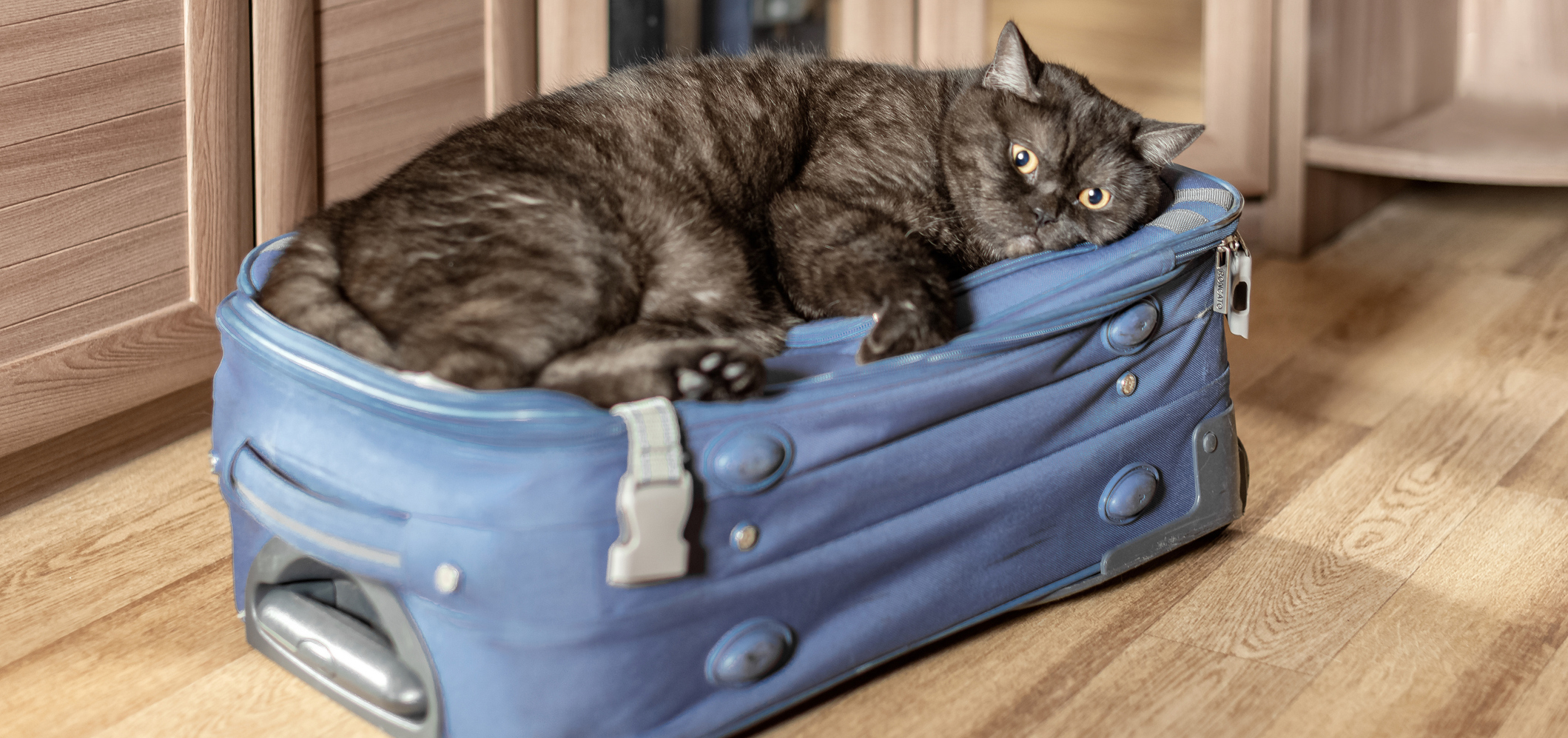As the world figures out what shape a covid-19 vaccination passport will take, the Australian Government appears to be keeping an open mind.
The race for a global covid-19 vaccination passport is on and the European Union and the airline industry are in the lead, with the Australian Government courting potentials but looking unlikely to dictate a one-pass-fits-all approach.
In the upcoming summer in Europe, Greece would be the first EU state to welcome tourists holding a “Digital Green Certificate”, the EU’s version of a vaccination passport that signals a person has been fully vaccinated, tested negative for the virus or recovered from it.
Airline companies have been keenly pursuing their version of a global vaccination passport to facilitate the free flow of travellers. The International Air Transport Association (IATA) launched a digital “Travel Pass” and has 34 airlines trialling it, including Qantas, Air New Zealand, Singapore Airlines and Emirates. Virgin Australia told Wild Health it was exploring options, including the Travel Pass.
More than just a certificate, the IATA Travel Pass provided information on testing and vaccine requirements for travel, and where to find testing centres at departure and arrival locations. Labs were able to send certificates to the passenger’s pass that could then be shared with the relevant authorities to enter a country.
The Guardian confirmed the Australian Government was in discussions with IATA, but the Department of Health did respond to Wild Health’s request to confirm it was also tracking another world-leading initiative: the World Health Organisation’s digital yellow card.
The card is an extension of the WHO’s Yellow Card passport, which recorded vaccinations against diseases such as cholera and yellow fever. It was endorsed by the Australasian Institute of Digital Health (AIDH) in February, with the AIDH also backing the Australian Immunisation Register’s (AIR) ability to integrate it.
“A digital international Yellow Card would verify details of a person’s vaccination for covid-19, whether they received the vaccine in Australia or anywhere else in the world,” said AIDH Chair Bettina McMahon.
“There are already standards for vaccines in the AIR, and there is an existing medical workflow with international Yellow Cards,” she said.
In a sign the Government was keeping an open mind, an industry source confirmed the government had invited goPassport, an end-to-end travel platform created by infectious disease and border control experts out of Cairns, to present their solution to the Prime Minister and Cabinet on 17 June.
Like IATA’s Travel Pass, goPassport provided travellers with information on a country’s testing and vaccine requirements, but unlike the Travel Pass, it was proposing a Health Status Flag that could be accessed by airlines and authorities before a person boarded the plane.
“Even before a traveller arrives at an airport, the border authorities and airline will access the goPassport Health Status Flag and channel the ‘green’ traveller through safe-lane processes,” said goPassport chief technology officer Klaus Felsche.
Mr Flesche confirmed their platform complied with Australian and European data protection regulation, with personal data encrypted and travellers able to request to have their data deleted. They would also offer the QR code option for countries with less-advanced technology.
Emma Hossack, CEO of Medical Software Industry of Australia (MSIA), told Wild Health that, at a minimum, any proposed solution should be integrated with AIR and GP Clinical Information systems.
Ms Hossack backed the WHO card that people would “trust” but was of the view that any choice the government made should be one option in an ecosystem of options.
“I support an industry solution and whether the government decides to brand it itself or a company uses their brand, I don’t mind, as long as it’s not the only option for consumers. If a product is dictated to consumers, it distorts the market.
“It would be good for innovation and competition if standards are set to enable all companies to participate. This is the approach they recently adopted with booking systems, and it worked,” Ms Hossack said.
She was hopeful the open-mindedness the DoH had displayed towards the health technology industry since the pandemic would continue.
“They have walked the talk and I hope that won’t evaporate when pressure is off because it has enabled new companies to come online,” Ms Hossack said.
[newsletter]


